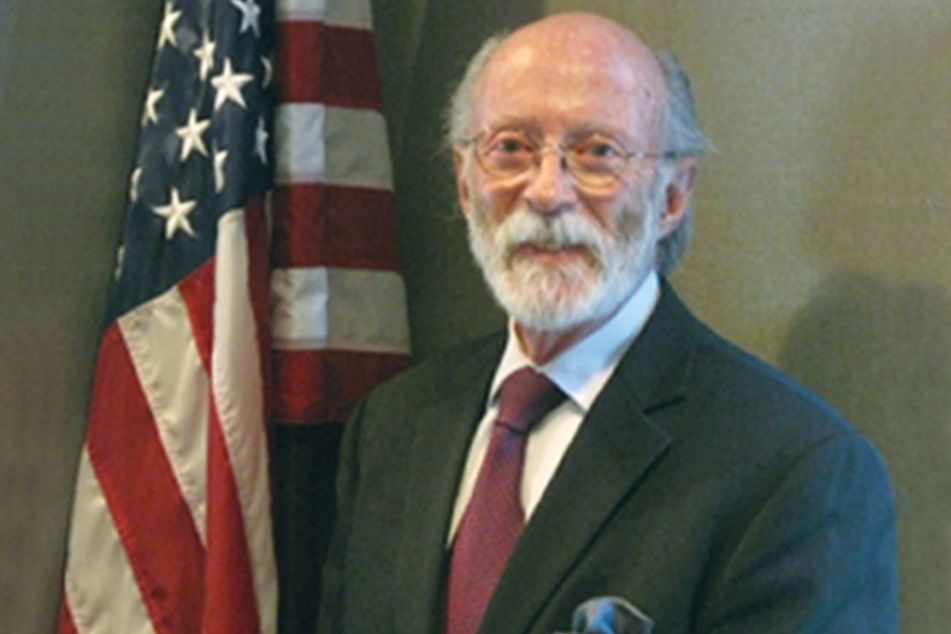Finra board candidate claims examiners are out of touch
 Stephen A. Kohn
Stephen A. Kohn
Finra examiners should adhere to a code of conduct when reviewing member firms, Stephen Kohn, a candidate for the SRO's small-firm board seat, asserts. (Don't miss: How to make Finra work: Kovack)
Finra examiners should adhere to a code of conduct when reviewing member firms and have a better grasp of financial products, a candidate for the organization’s small-firm board seat asserts.
“It is evident that examination tactics have no bounds; every aspect of our business and personal affairs are fair game,” Stephen Kohn, president and chief executive of Stephen A. Kohn & Associates, wrote in a letter to the 3,600 small-firm Finra members Monday. “We are poked, prodded and always have to be wary of where the inquisition is headed.”
In his letter, he said the Financial Industry Regulatory Authority Inc. should set and enforce standards for examiners.
“It is not acceptable that examiners can invade our offices with impunity, having no fear of being called to task for improper, disrespectful or coercive behavior,” Mr. Kohn wrote.
Finra declined to comment on Mr. Kohn’s exam assertions or the election.
Mr. Kohn is campaigning for a Finra board position representing firms with between one and 150 registered representatives. He is opposed for the seat by Joe Romano, president of Romano & Brothers Wealth Management. Neither candidate has been endorsed by Finra’s selection committee.
In the race for the mid-size-firm seat on the Finra board, Brian Kovack, president and founder of Kovack Securities Inc., is taking on John Muschalek, vice chairman of First Southwest Co. Mr. Muschalek was nominated by a Finra selection committee. Mr. Kovack obtained enough signatures from Finra members to launch his candidacy.
(More: “Kovack: Three reform initiatives Finra should embrace”)
The third seat up for a vote in this election — a large-firm seat — has John Thiel, head of Merrill Lynch Wealth Management, running uncontested. Each seat has a three-year term.
This year’s election will be held at the Finra annual meeting on July 30 in Washington. This month, members can vote online, by telephone or by U.S. mail.
Frustration with the Finra examination process has inspired Mr. Kohn to conduct his fourth campaign for the organization’s board. His past attempts were unsuccessful.
He said the reviews last too long — his most recent one began in December 2013 and closed in September 2014 — and require firms to produce too much documentation. He also complained that examiners can ask “leading questions” and firms have no way to defend themselves.
“We have no rights,” Mr. Kohn said in an interview. “Check the Constitution at the door when you take your Series 7. You can’t plead the Fifth Amendment.”
The Finra personnel who run the reviews sometimes aren’t familiar with some financial products and terms, Mr. Kohn said. He said one examiner thought ETF referred to electronic transfer of funds rather than exchange-traded funds. Another didn’t know the definition of retained earnings.
A small-firm broker who requested anonymity to talk about Finra exams said top Finra leadership doesn’t intend to make life difficult for small firms. But that doesn’t necessarily influence the way exams are conducted.
“They really want to do what’s right and fair,” the broker said. “They really do have the industry at heart. But [Mr. Kohn] is right; it doesn’t always happen. It’s difficult to communicate that down to the field level.”
Examiners themselves aren’t rude, the broker said, but they do lack background in some newer complex products.
His most recent review “was far longer than it needed to be, and examiners had no comprehension of some of our more unusual business lines,” the broker said.
Mr. Kohn said he’s not condemning Finra, but does want to improve its operations.
“Finra does a good job regulating,” Mr. Kohn said. “But it’s the smaller details that turn out to be big issues. As a member of the board, I will make every attempt to bring fairness to the system and justice for all members.”
Although small firms comprise 90% of Finra’s approximately 4,100 members, they get short shrift, Mr. Kohn said.
“We’re almost treated like we’re invisible,” he said.
Learn more about reprints and licensing for this article.








